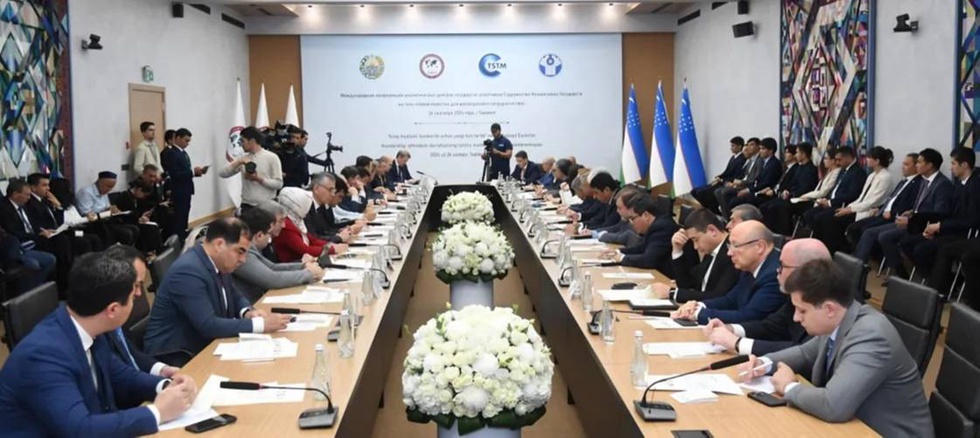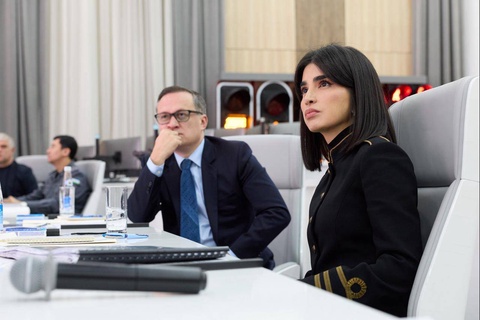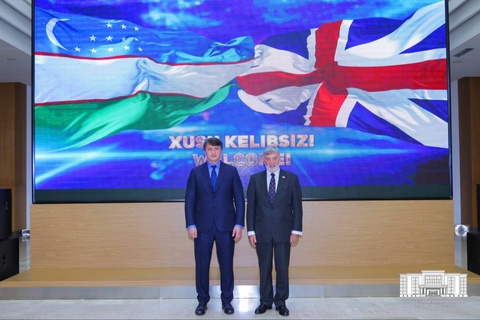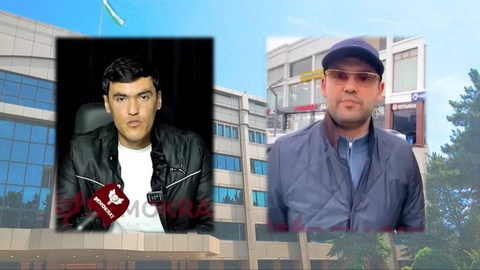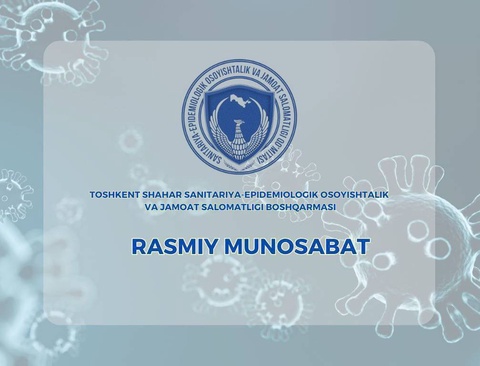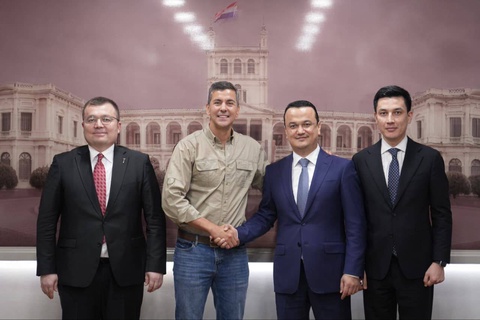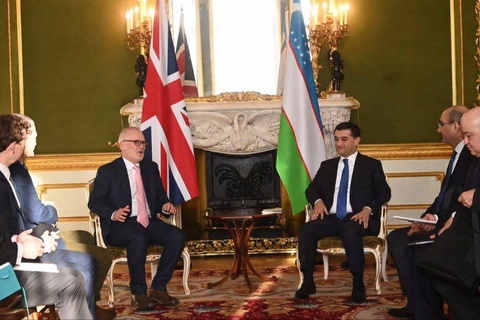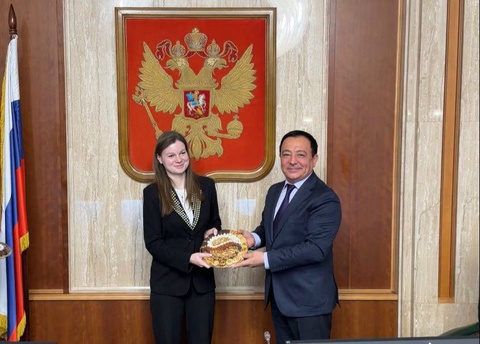The event was organized by the Ministry of Foreign Affairs of Uzbekistan, the Center for Foreign Policy Studies and International Initiatives, as well as the University of World Economy and Diplomacy in cooperation with the CIS Executive Committee, the Dunyo news agency reports.
The conference also brought together representatives of leading analytical centers from such countries as Azerbaijan, Armenia, Belarus, Kazakhstan, Kyrgyzstan, Russia, Tajikistan, Turkmenistan and others, who discussed topical issues of cooperation within the CIS. The main objectives of the event were an in-depth analysis of the processes in the region, a study of prospects and unrealized opportunities, as well as an assessment of potential risks of sustainable development.
In his speech, Deputy Foreign Minister Bobur Usmonov noted that Uzbekistan attaches great importance to cooperation in the CIS, actively participating in integration processes. From 2017 to 2023, the head of our state proposed 90 initiatives, of which more than 80 received practical implementation. Uzbekistan has joined 24 multilateral documents and participates in 65 CIS structures.
During the discussion, the experts focused on economic cooperation and the "green" transition, including industrial cooperation, trade, transport, energy and food security, as well as cultural ties. Key issues such as the rational allocation of water resources, especially in Central Asia, as well as the need for comprehensive measures to address interregional environmental problems were also considered.
It was noted that within the framework of the "Year of the Volunteer Movement" and the "Cultural Capitals of the CIS" program, Samarkand was recognized as the cultural capital in 2024, which once again underlines the importance of cultural exchange and cooperation between the CIS countries.
The conference held in Tashkent was a significant step towards strengthening mutual understanding and cooperation among the CIS member states, opening up new horizons for joint work in various fields.


